Autoresponder Emails
Streamline your communications and engage customers and prospects at just the right time.
Streamline your communications and engage customers and prospects at just the right time.
Autoresponder emails are email messages that you create and store in Agile CRM. You determine which actions trigger these emails, and when one takes place, the relevant email gets sent. This all takes place automatically, with the system doing most of the work. All you need to do is draft your emails, save them in Agile CRM, and tell the system when to send each one. Then, you carry on with higher value tasks while the system sends your autoresponders each time a specified action takes place.
Have an event that you’re hosting? It’s easy to create event registration pages in Agile CRM, with dynamic web forms and attractive landing pages. Create an email in the system that contains all of the information a registrant needs to know, and queue the system to send it as an autoresponder each time someone completes that registration form.
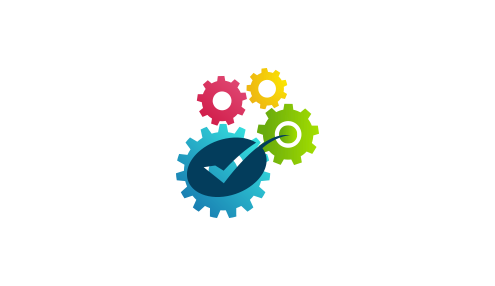
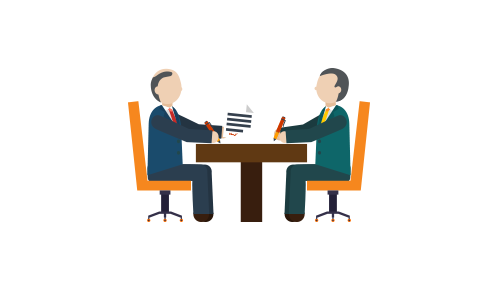
Let’s say you offer a free trial of your product. You can set up a welcome email that gets sent automatically when someone signs up for a free trial via one of your web forms. Or, when someone signs a new deal and becomes a customer, you can leverage prepackaged emails that get sent when that deal is marked as won in the system to provide welcome information and helpful resources for new customers.
You can create a series of emails that will get sent in succession, once your trigger action has taken place. For example, when someone subscribes to your mailing list, you can send them a welcome letter, then another email each week for the first month, delivering different messages and additional content over time. Or, use autoresponders as a way to send a series of emails in a prospecting campaign once a lead self-identifies.
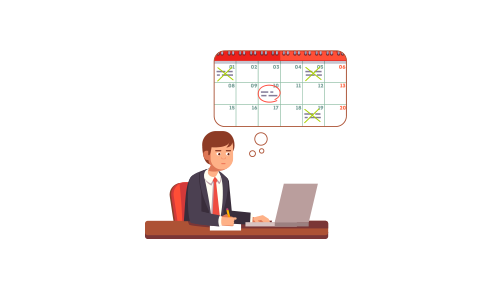
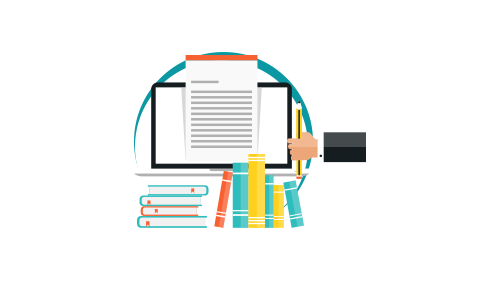
If you have valuable inbound content that you have gated with an Agile CRM form, you can use autoresponder emails to deliver that content when someone completes the form. You simply tell the system to send that email to the email address provided in the form submission, each time one gets submitted. The email can contain a link to your content, or a direct download. It’s a great way to automate content distribution, and allows you to track who is reading your content, score them, and even alert sales when their lead completes that form.
There is certain information and resources that can help customers at certain points, and autoresponders can help distribute that. Let’s say someone signs up for a training class, you can send them an email that lists various other classes that may be useful to them. Doing this help you further engage customers when they are already engaging with you.
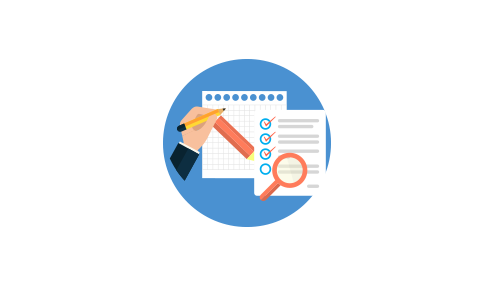
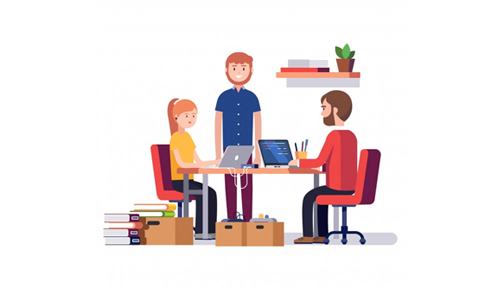
As soon as a new customer support case gets created via an incoming customer email, you can queue the system to instantly send an email notifying the customer that the inquiry has been received, tell them who their support rep will be, and how long they can expect to wait for a resolution. All of those things can be automated in the system, and the email can be formatted to pull in such information. It saves your team the time it takes to respond to say that the inquiry was received—rather, they can start working on a resolution right away, which will reduce resolution times.
By automating the distribution of commonly sent emails, you free up loads of time for your team to focus on higher value work, like generating leads, closing deals, and maintaining satisfied customers. To learn more about automating processes for greater efficiency, read about Agile CRM’s marketing automation capabilities.

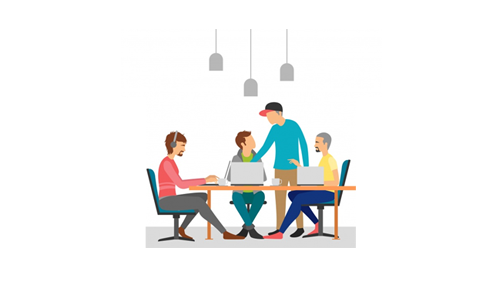
Any information that’s stored in Agile CRM can be automatically pulled into an email, allowing you to create personalized communications without needing a human element to do so. You can pull the recipient’s name into the greeting, automatically add their company name to the message, cite their specific geographical location, and a lot more. Personalized communications are shown to produce increased levels of customer engagement and satisfaction.
You can satisfy customers by meeting their needs and expectations. If you want to delight customers, you need to go above and beyond their expectations and surprise them with something unexpected. Autoresponders can aid in this effort. Let’s say that you store special dates about each customer in Agile CRM, such as the day they became a customer. You can create emails that are set to be sent when that day arrives, to wish the customer a “happy anniversary” and tell them how glad you are that your partnership with them has lasted another year. Then, let them know that you’re always available for them whenever they need assistance of any kind. It’s that kind of personal touch that will generate delighted clients, and, consequently, greater brand loyalty.
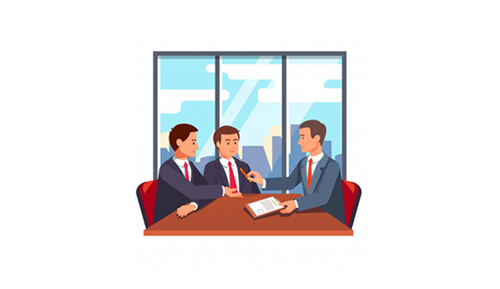
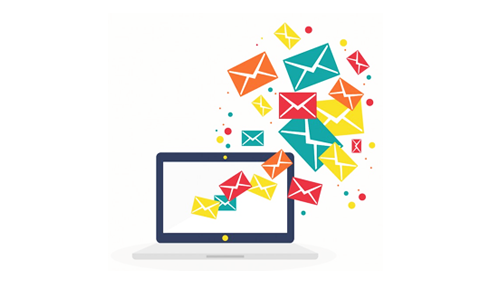
If multiple staffers are responsible for relaying the same information in their own words, you can end up with messaging that’s inconsistent and confusing. This detracts from market perceptions of your brand. Autoresponder emails help to bring accuracy and consistency to the messages you share with customers and prospects, uniting your business around established messaging.